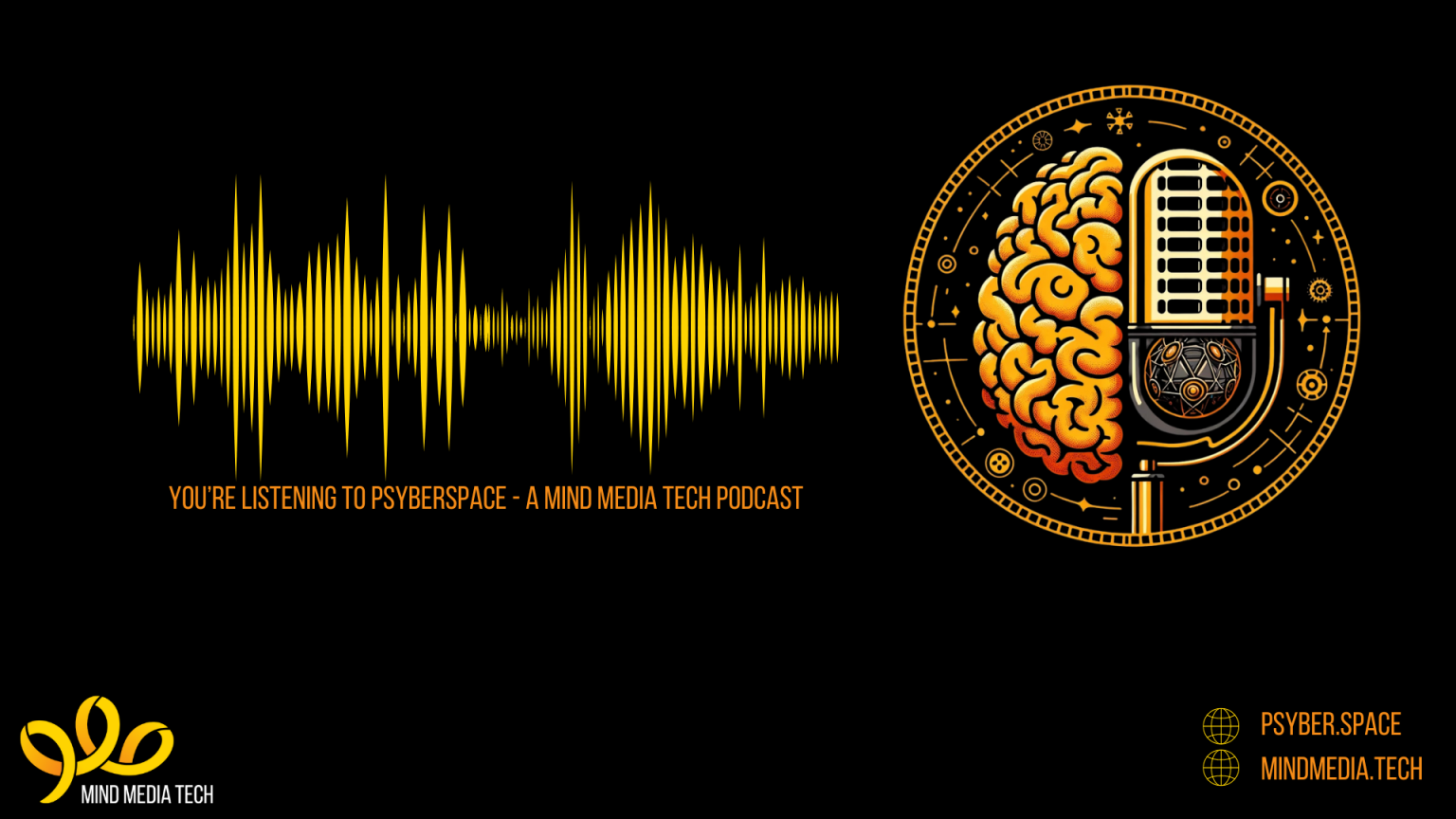Understanding Defensive Reactions and Cognitive Dissonance
Inline player not working? Listen Here.In this episode of PsyberSpace, host Leslie Poston delves into the psychological triggers of defensive reactions when personal beliefs are challenged, often manifested in viral ‘Karen‘ incidents. Poston explores cognitive dissonance, introduced by Leon Festinger, as the discomfort arising from holding contradictory beliefs, and how this leads to defensive behaviors rather than introspection or change. The episode discusses the role of cognitive processes and social identity theory in contributing to these reactions, emphasizing the impact of factors like confirmation bias, societal and cultural expectations, and privilege. Through real-world examples and psychological research, the discussion highlights the importance of understanding these dynamics in both personal growth and society-wide coherence. The episode also suggests strategies such as meditation, emotional regulation skills, and community dialogues to mitigate defensive reactions and foster a more inclusive, empathetic society.
00:00 Welcome to PsyberSpace: Unpacking Psychological Triggers
00:22 The Psychology Behind ‘Karen’ Incidents
01:08 Understanding Cognitive Dissonance
03:57 The Impact of Confirmation Bias
06:47 Exploring Social Identity Theory
09:09 Digital Dynamics and Group Identity
09:45 Real-World Examples of Cognitive Dissonance and Social Identity
15:43 Strategies to Mitigate Defensive Reactions
18:04 Concluding Thoughts on Understanding and Empathy
A note about Beck’s cognitive therapy (now called CBT): While I referenced this in the the episode as one of many options for people seeking to change their behavior, this style of therapy does not work for everyone, and in fact can be quite harmful to some autistics and CPTSD sufferers. Please find a therapist and therapy style that works for you, and don’t be afraid to try more than one until you find the right fit.
References:
- Festinger, L. (1957) A Theory of Cognitive Dissonance. Evanston, IL: Row Peterson
- Wason, P.C. (1968), “Reasoning about a rule“, Quarterly Journal of Experimental Psychology, 20 (3): 273–278
- Tajfel, H., Turner, J. C., Austin, W. G., & Worchel, S. (1979). An integrative theory of intergroup conflict. Organizational identity: A reader, 56-65
- Beck, A.T. (1963) Thinking and Depression I. Idiosyncratic Content and Cognitive Distortions. Arch Gen Psychiatry. Accessed via PubMed Archives
- Harmon-Jones, E., Gable, P. A., & Price, T. F. (2013). Does Negative Affect Always Narrow and Positive Affect Always Broaden the Mind? Considering the Influence of Motivational Intensity on Cognitive Scope. Current Directions in Psychological Science, 22(4), 301-307.
- Bishop, S. J., Duncan, J., & Lawrence, A. D. (2004). State anxiety modulation of the amygdala response to unattended threat-related stimuli. The Journal of Neuroscience : the official journal of the Society for Neuroscience, 24(46), 10364–10368.
- Haidt, J. & Joseph, C. (2004) Intuitive Ethics: How Innately Prepared Intuitions Generate Culturally Variable Virtues. Daedalus, 55-66




